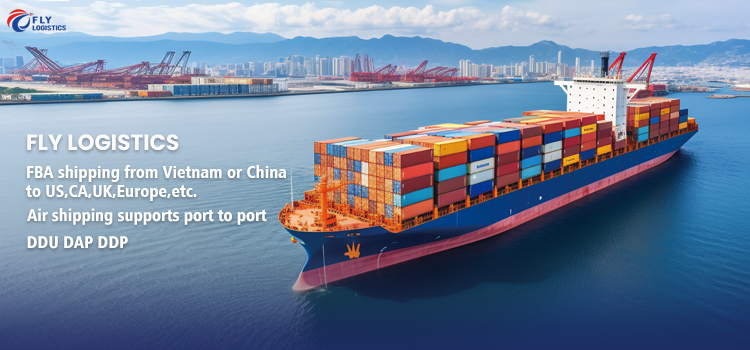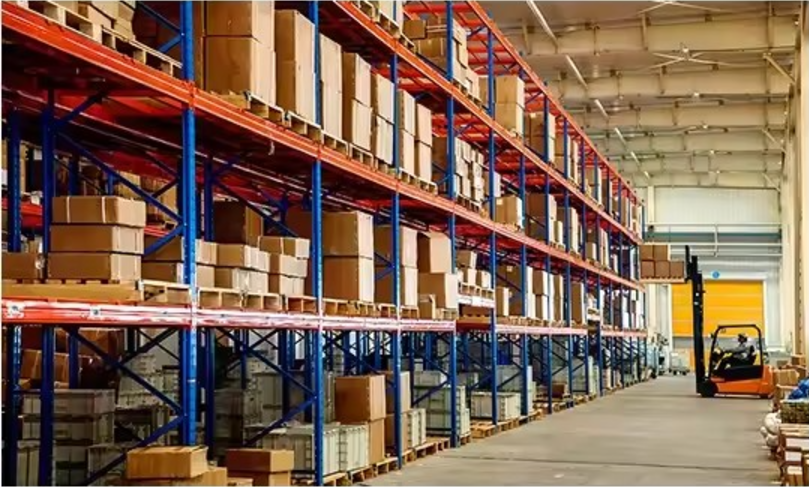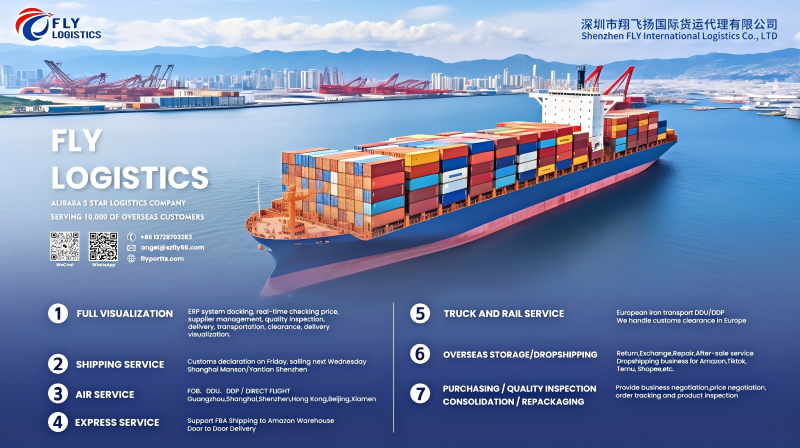E-commerce businesses across Europe are facing a significant increase in last-mile delivery costs, according to a report from DS Smith.
The survey of 550 European e-commerce decision-makers shows that last-mile delivery has been a headache for e-commerce retailers.
Costs for delivery, returns, and damaged items have risen sharply in the last year, with 39% experiencing double-digit increases. Last-mile delivery costs account for 41% of a company’s entire supply chain costs, Capgemini said, which significantly impacts e-commerce companies’ profitability.
However, e-commerce retailers are also struggling to meet consumer expectations. 73% expect more sustainable packaging options, 69% want more flexibility in delivery times, and 66% want faster delivery. Only a minority said they could fully meet any of the consumer’s requirements in these areas.
Meanwhile, the European e-commerce market itself is struggling. After rapid growth during the COVID-19 pandemic, the industry has faltered. According to E-commerce Europe, the total European B2C e-commerce market will grow by only 3% in 2023, from €864 billion to €887 billion.
Under such pressure, e-commerce retailers have had to respond, with many forced to take drastic action to make ends meet.
Yet despite the concerns, leading companies are developing more effective ways to respond without compromising customer service. This report reveals how innovative companies are taking action in partnerships, operations, and packaging to respond to today’s pressures and prepare for future demands.

E-commerce retailers are responding to rising costs and expectations in three ways:
E-commerce retailers are responding to the pressures of rising last-mile delivery costs in different ways. As we’ve seen, some retailers are increasing delivery fees, while others are raising prices generally. Some are reducing flexibility for consumers, cutting free shipping and returns, and reducing sustainability efforts.
However, others are responding in other ways, evaluating their business and delivery models, trying to improve efficiency, and avoiding making some of the more drastic, consumer-facing decisions. The survey found that these efforts are focused on three core areas.
Partners
Working more closely with suppliers and trusted partners on last-mile delivery options is at the core of e-commerce retailers’ focus as they seek to navigate these thorny situations.
The survey showed that 65% of businesses conduct regular supplier and sourcing reviews to save costs, and 59% use third-party logistics to reduce overhead and warehouse costs.
More than half (53%) of businesses use regular supplier and sourcing reviews to implement sustainability practices, and 51% use unified warehousing, fulfillment, and delivery services.
Operations
Many businesses are reviewing operations as last-mile costs increase. Nearly six in 10 (59%) businesses are reviewing their return policies, and 57% are imposing a minimum order value for delivery. They are also looking to implement consistent policies across the business – 56% say they are rolling out a unified cross-channel shopping operations strategy.
Others are starting to adopt newer last-mile delivery methods, with 30% deploying drones or autonomous vehicles and 54% now using electric cars or bikes.
Packaging
Packaging is a key component of e-commerce retailers’ response to the challenging environment. Many retailers are turning to technology – 61% are using AI or automation to improve efficiency during the picking and packing process.
But packaging itself is also under scrutiny. Half (53%) of respondents have already conducted a packaging audit to determine if there are elements that can be improved or adjusted, and 49% have already introduced one.
Seek external consulting or expert advice from packaging suppliers to help with this.
Bringing in external support can help e-commerce retailers assess their current situation and then figure out what changes need to be made to meet future needs.

Traditionalists, Pragmatists, Innovators
The study categorized respondents into traditionalists, pragmatists, and innovators to distinguish between those who rely on long-term value chain partnerships and those who actively seek new solutions.
Innovation plays a vital role, with 65% of innovative businesses conducting regular supplier reviews to save costs and 59% using third-party coordination to reduce indirect costs in packaging, production, warehousing, and transportation.
The report also explores the impact of rising costs on sustainability initiatives.
About 27% of e-commerce companies are reducing spending on sustainability, 59% are revising return policies, and 57% are managing future forecasts by setting minimum order values for deliveries.
Customers expect sustainable packaging
Consumer expectations further complicate the picture, the report said.
75% of respondents said their customers expect sustainable packaging, 71% ask for the option to track deliveries and related communications, and 69% expect flexible delivery times.
Furthermore, less than 39% of businesses believe they have met customer expectations for sustainable delivery options.
The survey also found that 36% were concerned about expected delivery costs, while 30% said they felt they had successfully provided flexible delivery times.
Conclusion
Commerce businesses face a challenging landscape as last-mile delivery costs rise and customer expectations evolve. However, retailers can navigate these challenges by strengthening partnerships, optimizing operations, and innovating in packaging and logistics while maintaining high service levels.
Fly Logistics is committed to helping companies optimize logistics costs, improve transportation efficiency, and provide sustainable supply chain solutions. Whether it is cross-border e-commerce or local retail, our professional team can provide customized transportation solutions to ensure the steady development of your business. All customers are welcome to inquire.





